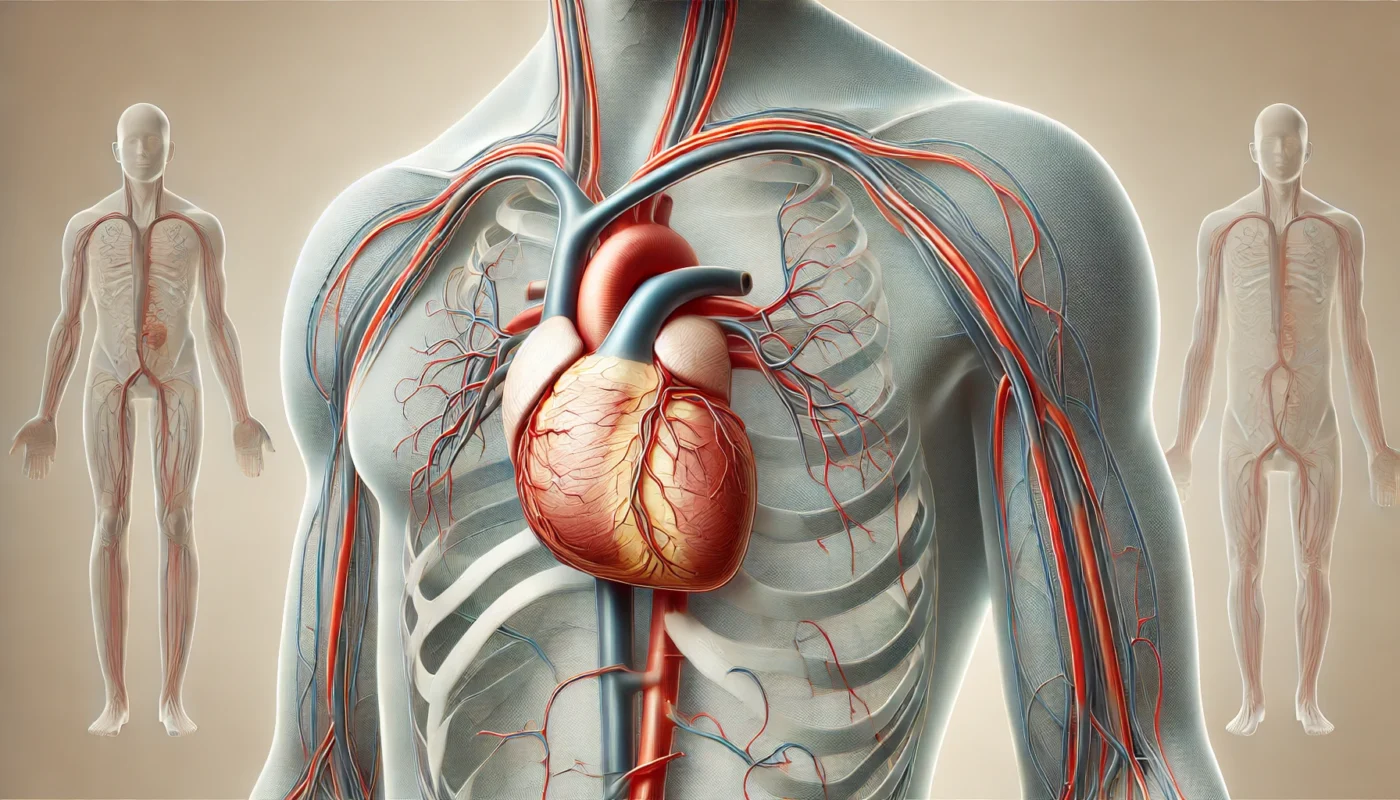Hypertension, or high blood pressure, is a silent yet powerful force in the development of heart disease, which remains the leading cause of death worldwide. According to the World Health Organization (WHO), over 1.28 billion adults globally suffer from hypertension, with only one in five having it under control. Characterized by sustained elevated blood pressure of 130/80 mmHg or higher, hypertension imposes stress on the cardiovascular system, damaging arteries and overworking the heart. This article explores the connection between hypertension and heart disease, the mechanisms that exacerbate cardiovascular risk, and practical strategies to protect your heart.
Tag Archives: Blood Pressure Reduction
Hypertension, commonly known as high blood pressure, is a global health challenge, affecting more than 1.28 billion people worldwide, according to the World Health Organization (WHO). Defined as a blood pressure reading of 130/80 mmHg or higher, hypertension is a leading risk factor for cardiovascular diseases, stroke, and kidney failure. While factors such as genetics, diet, and physical activity are well-established contributors, the role of stress in hypertension is increasingly being recognized. Chronic stress can elevate blood pressure through physiological and behavioral pathways, making it a key focus in hypertension management. This article explores the connection between stress and hypertension, and how relaxation techniques such as mindfulness, yoga, and meditation can help lower blood pressure and improve overall health.
Hypertension, or high blood pressure, affects nearly half of adults globally, according to the World Health Organization (WHO). Characterized by a consistent reading of 130/80 mmHg or higher, hypertension significantly increases the risk of cardiovascular disease, stroke, and kidney failure. One of the most effective dietary interventions for managing hypertension is reducing sodium intake, as excessive sodium consumption is directly linked to elevated blood pressure. The American Heart Association (AHA) recommends limiting sodium intake to no more than 2,300 mg per day, with an ideal target of 1,500 mg for individuals with high blood pressure.
Hypertension, or high blood pressure, is a silent yet prevalent health condition that affects over 1.28 billion adults worldwide, according to the World Health Organization (WHO). As a leading cause of cardiovascular diseases, stroke, and kidney failure, managing hypertension is a global health priority. Among various lifestyle interventions, the Mediterranean diet has emerged as a highly effective and sustainable strategy for controlling blood pressure and promoting overall heart health. Inspired by the traditional eating habits of countries bordering the Mediterranean Sea, this diet emphasizes whole, nutrient-rich foods and has been extensively studied for its cardiovascular benefits. This article explores why the Mediterranean diet is an excellent choice for managing hypertension and how it can be incorporated into daily life.




